Demolition Contractors Oceanside
Find Demolition Contractors Near Me in Oceanside
Receive up to 3 Demolition Services quotes for your project today! Compare profiles, reviews, accreditations, portfolio, etc... and choose the best deal.

CRC General Engineering
1Vista, US- Services
- Why Us?
Get Quote
Excavating Contractor Los Angeles
59 reviewsLos Angeles, USWelcome to Bobcat Excavating Services Los Angeles As an excavation services and bobcat services provider in Los Angeles, we at BSLA – Bobcat Services Los Angeles help our clients with any processes that involve removal of earth from the ground, transfer of earth from one site to another, backfilling of earth to previously excavated spaces, and modification of sites to suite various clients’ needs. Are you building or remodeling your outdoor space? Chances are that we can be of help. If you searched for “excavators near me” for you got to the right place! We are experts when it comes to excavation, bobcat services, compacting, filling and grading. We work on residential sites, commercial sites, and industrial locations. We are licensed and insured and all our machine operators are vigorously skilled in handling our heavy machinery and providing precision results.
- Services
- Why Us?
- Gallery
Get Quote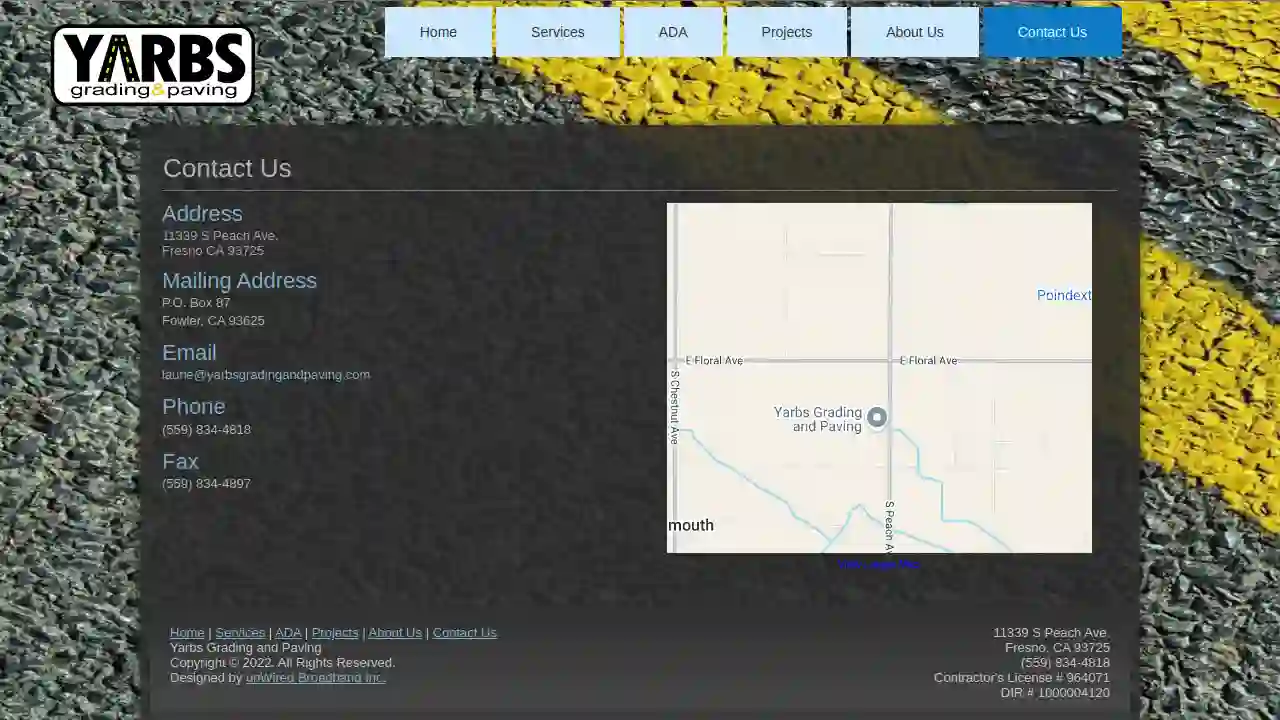
Yarbs Grading and Paving
55 reviews11339 S Peach Ave., Fresno, 93725, USYarbs Grading and Paving: Your Trusted Partner for Quality Construction Yarbs Grading and Paving is a full-service grading and paving company located in Fresno, California. We have over 20 years of experience and are committed to delivering quality projects that meet or exceed our customers' expectations. We specialize in parking lot construction, ADA improvements, and city, county, and state roadway construction. Our team is dedicated to providing exceptional service and ensuring that every project is completed on time and within budget. We take pride in our work and strive to build lasting relationships with our clients. We offer a wide range of services, including: Concrete improvements Asphalt paving and overlays Mass excavation Underground Demolition Seal coating Striping We serve Fresno, Clovis, Madera, and the surrounding areas. Contact us today to discuss your project needs.
- Services
- Why Us?
Get Quote
Burchett Grading, Inc.
4.47 reviewsPo Box 892863, Temecula, 92589, USABOUT US Burchett Grading, Inc. is a full service grading and excavation company that has been in business for almost 50 years. President, Craig Burchett is a third generation heavy equipment operator. Coming from a family of farmers, the family business was started by his father, Gene Burchett back in the 1970's and he was known in the industry as one of the best operators around. Starting mainly as an AG prep contractor, most of the avocado groves were prepped by Gene, as he was one of the only graders in town that would clear and prep the steepest hills. Beyond that, Gene was a mainstay hired heavy equipment operator contracted with Cal-Fire and shifted his focused on residential house pads. Craig followed in his dad's footsteps and quickly developed his father's keen eye for dirt. In the recent years, BGI expanded it's services to more than just grading, but undertaking the entirety of civil plans and offering more diverse services such as storm drain and wet/dry utilities. Craig brings his extensive knowledge, experience, integrity and passion for dirt work that leaves nothing less than exceptional results. Our priority is to oversee your project, big or small, from start to finish, and to ensure that everything goes smoothly and is done right the first time. Our mission is to exceed your expectations. We would love the opportunity to work with you and look forward to hearing from you! OUR MISSION We know how challenging and daunting construction projects can be. This is why it is crucial to have the right contractor that can help face these challenges and give you the results you need. We are committed to excellence and the job at hand is always our top priority. We believe integrity, knowledge and extensive experience is the driving force of a successful construction project and we strive to attain nothing less. Whatever your vision may be, we are here to ensure your vision is carried out.
- Services
- Why Us?
- Gallery
Get Quote
Applied EarthWorks
51 reviews1391 W. Shaw Ave., Fresno, 93711, USApplied EarthWorks: Ethical Consultants for Project Success Applied EarthWorks is a company with over 28 years of experience in cultural and paleontological resource management. We are committed to effective and affordable strategies that achieve progress and preservation, working together with our clients to ensure that projects are completed in a way that respects the environment and cultural heritage. We are certified by the California Department of General Services (DGS) as both a Small Business Enterprise (SBE) and a Small Business for Public Works (SB-PW).
- Services
- Why Us?
- Accreditations
- Gallery
Get Quote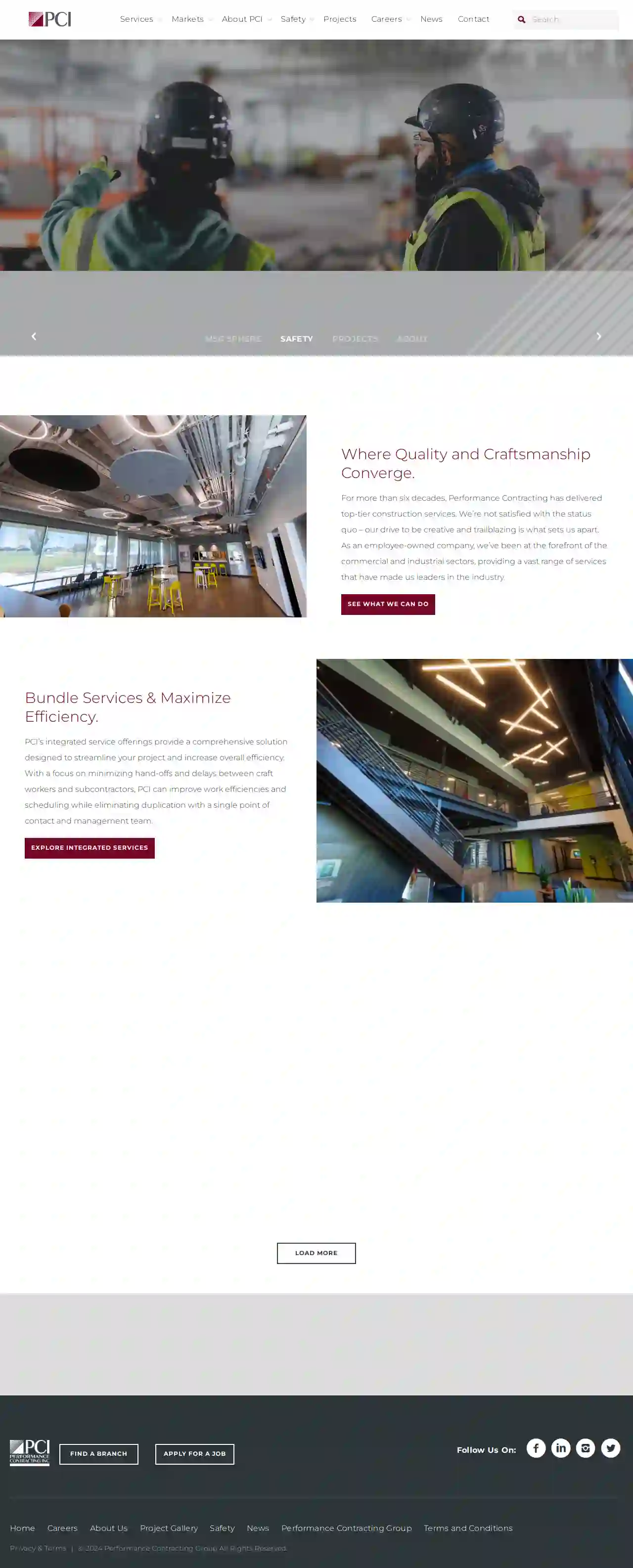
Performance Contracting Inc
4.427 reviewsSacramento, US- Services
- Why Us?
Get Quote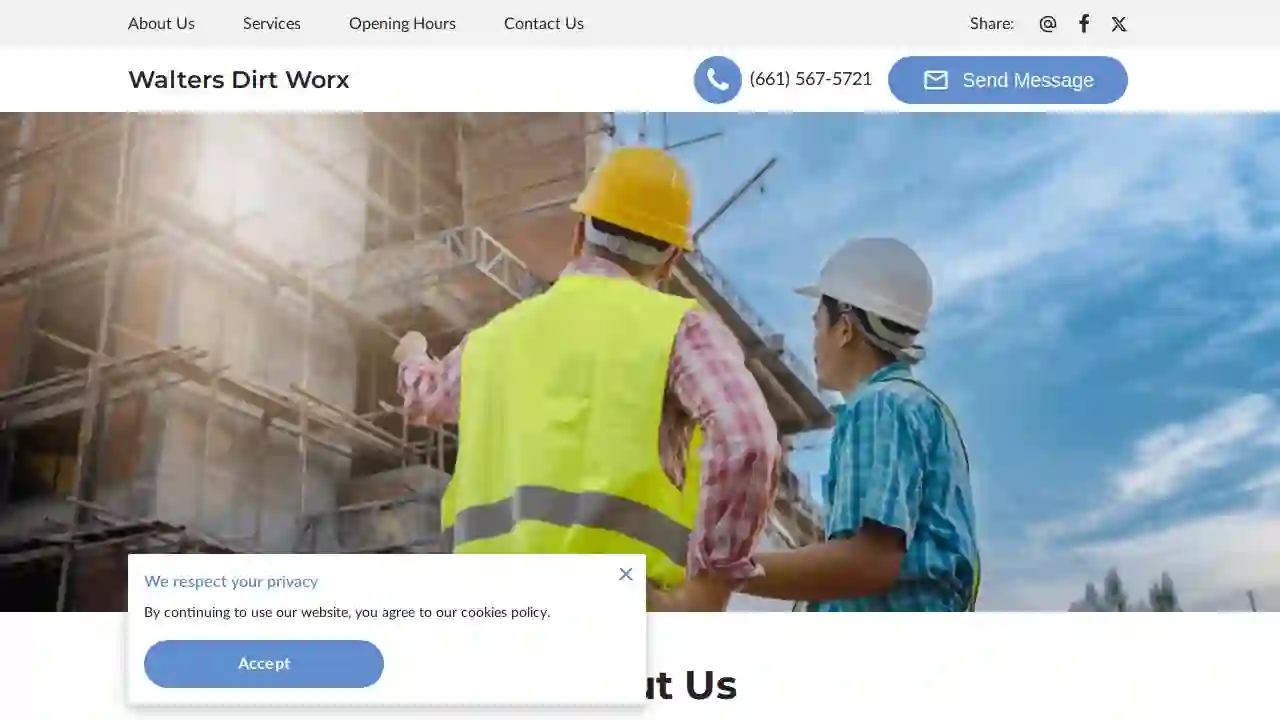
Walters Dirt Worx
1Bakersfield, California, USAbout Us Here at Walters Dirt Worx we offer an exceptional range of construction services in the greater Bakersfield area. From concrete foundation work to excavation, brickwork, and architectural advice, our experienced builders understand the best solutions that work for you. We provide any heavy equipment required work with outstanding results and unbeatable pricing. We’re all dedicated to our roles and work hard to get the job done. Give us a call at +16615675721 so we can discuss any of your construction needs. We always use the highest quality materials during the construction of your outdoor space and our expert designers utilise industry-leading tools. This mix of top equipment and unmatched skill has allowed us to succeed by supplying our clients with services they won’t forget. Not convinced? Think we’re all talk? Read our reviews and get in touch to see what we can deliver. You will not be disappointed. Are you putting together a blueprint for a property or building? If you are, we can deliver expert excavation services to prepare a new build for the foundations and basis of your construction. We understand the demands that are placed on you, so work with your goals in mind to prepare and excavate the land by the most efficient means possible, using a combination of manpower and highly technical heavy-duty vehicles.
- Services
- Why Us?
Get Quote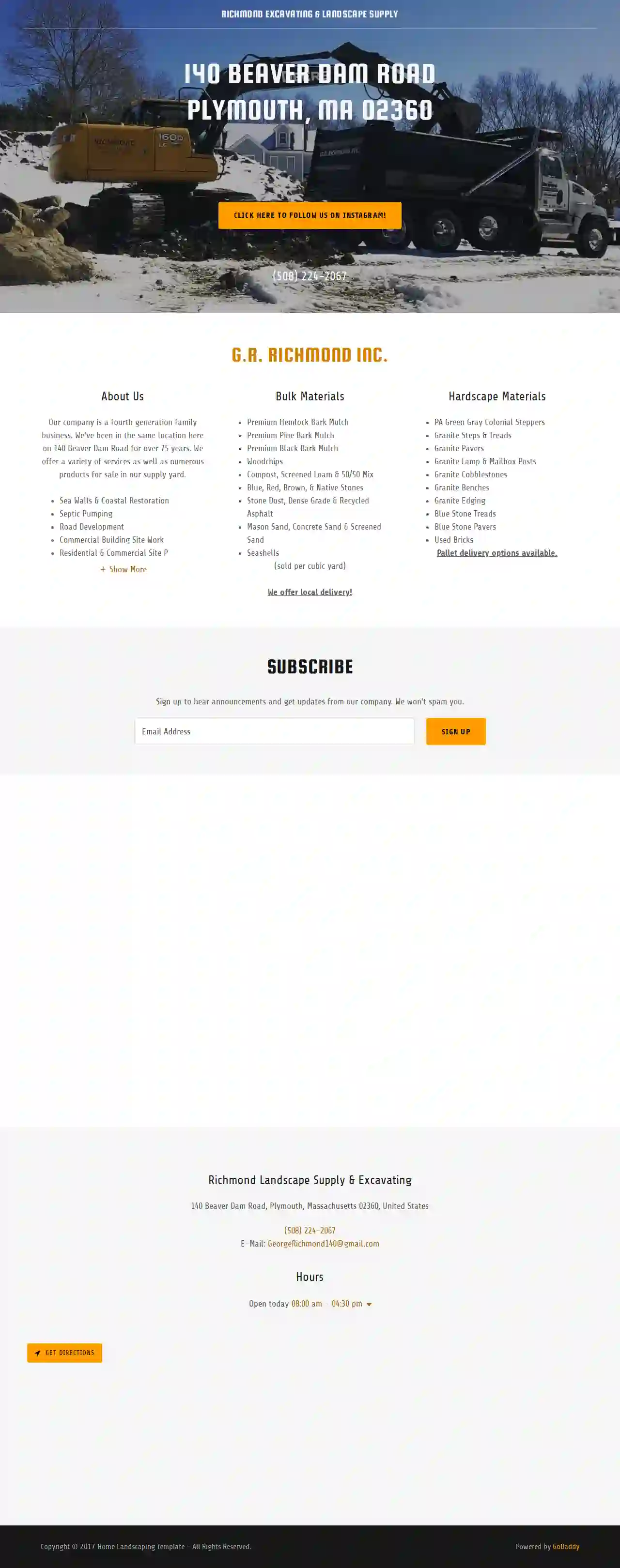
Richmond Excavating & Landscape Supply
4.910 reviewsRichmond, US- Services
- Why Us?
Get Quote
Fontana Concrete Company
3.73 reviewsFontana, USFontana Concrete Company | Flat Work and Masonry Contractor Our team is ready for any concrete project all year round for the homeowners in Fontana! For instance, Concrete or masonry services may be needed to fix cracks or seal gaps in driveways, sidewalks, patios, brick walls, and other areas on your property. If any of this sounds like it applies to you, then contact us today! We will schedule a free estimate with one of our experts to provide a quote tailored to your needs. Give us a call at (909) 766-9768 to get free estimates. Top of the Line Concrete and Masonry Contractor in Fontana, California Fontana Concrete Company is the leading concrete and masonry company in Fontana. We specialize in a wide variety of services, including concrete, patios, sidewalks, pools, garage floors, and more! One of our most popular services is installing fresh concrete – we specialize in working with homeowners to make sure you get exactly what you need. No matter your needs or budget, we have a solution for you! Contact us today at (909) 766-9768 to learn more about how we can help give your home that perfect finishing touch. Fontana Concrete Company understands that when it comes time to improve or add on to your property, one of the first things people think about are their driveways and walkways – they’re key features when it comes time to sell a house or show off your landscaping. We offer many different concrete services, including stamping, coloring, and decorative work, to make sure you get the look you want – all at an affordable price! Fontana Concrete Company has been working in Fontana for many years, and our experience means we know what works best when it comes time to renovate or improve your property. When you choose us as your contractor of choice, you can expect quality craftsmanship and honest pricing that won’t break the bank! Our commitment is 100% customer satisfaction, so call us today at (909) 766-9768 for a free estimate on any of our products or services.
- Services
- Why Us?
- Gallery
Get Quote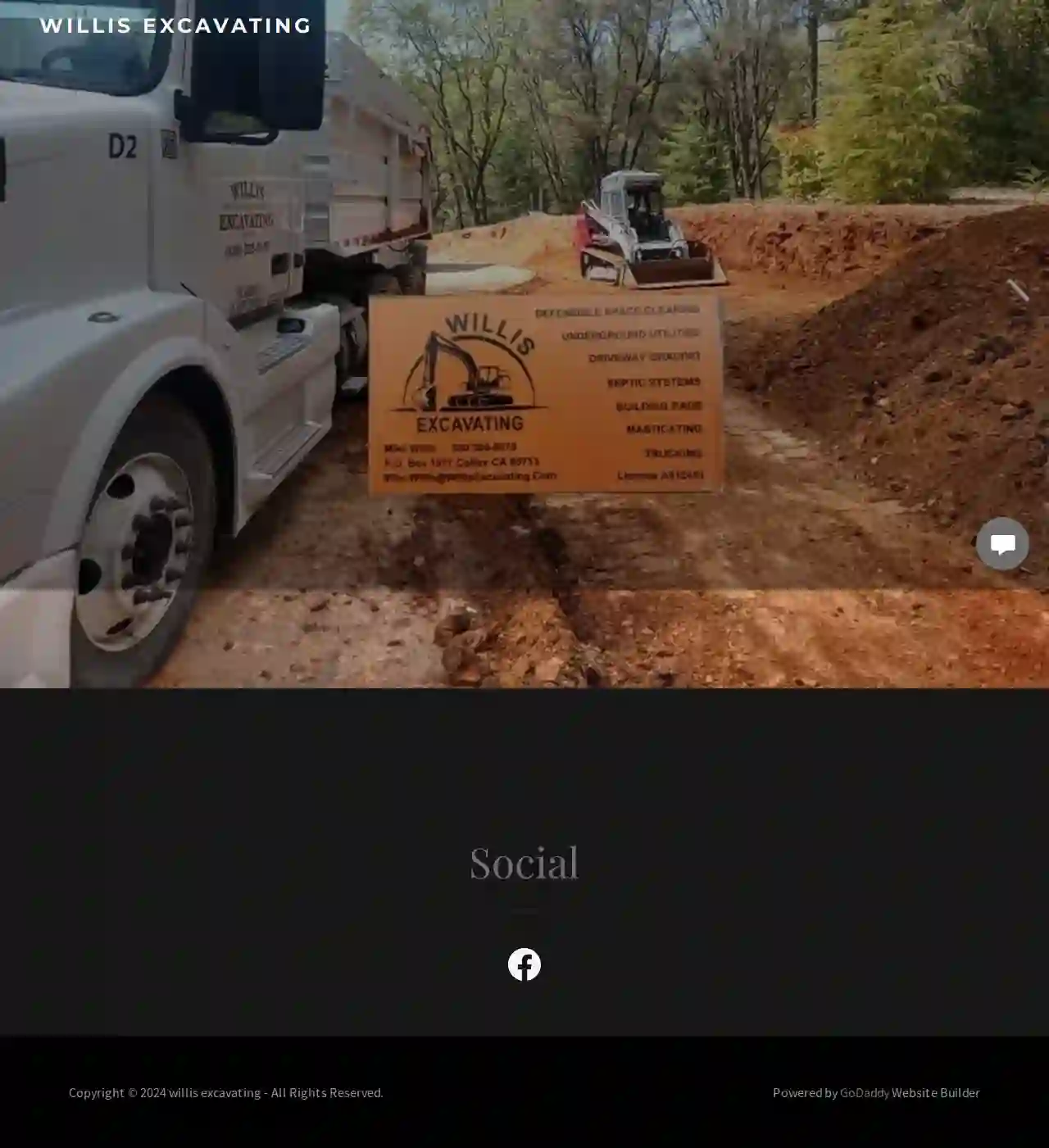
Willis Excavating
53 reviewsSacramento, US- Services
- Why Us?
Get Quote
Over 3,943+ Excavation Businesses on our directory
Our excavation contractors operate in Oceanside and surrounding areas!
ExcavationHQ has curated and vetted Top Excavation Pros near Oceanside. Find a top & reliable contractor today.
Frequently Asked Questions About Demolition Contractors
- General Liability Insurance: Covers bodily injury or property damage to third parties caused by the contractor's negligence.
- Workers' Compensation Insurance: Provides benefits to workers injured on the job.
- Pollution Liability Insurance: Covers costs associated with environmental contamination caused by demolition activities.
- Professional Liability Insurance: Protects against claims of negligence or errors in professional services, such as demolition planning or consulting.
- Recycling: Concrete, brick, metal, and wood can be recycled and reused in other construction projects, reducing waste sent to landfills.
- Landfill Disposal: Non-recyclable materials are disposed of in designated landfills according to local regulations.
- Donation: Some materials, such as fixtures or appliances, may be suitable for donation to charitable organizations.
- Clear the Site: Remove all furniture, appliances, personal belongings, and any valuable items from the structure.
- Secure the Perimeter: Fence off the demolition area to prevent unauthorized access and protect surrounding property.
- Disconnect Utilities: Arrange for the disconnection of electricity, gas, water, and other utilities servicing the building.
- Hazardous Material Abatement: If asbestos, lead paint, or other hazardous materials are present, have them professionally removed before demolition begins.
- Notify Neighbors: Inform your neighbors about the demolition schedule to minimize disruptions and address any concerns.
- Obtain Permits: Ensure all necessary demolition permits are in place before starting work.
Can I do demolition myself?
What is the importance of insurance in demolition projects?
What happens to the debris after demolition?
How do I prepare my property for demolition?
Can I do demolition myself?
What is the importance of insurance in demolition projects?
- General Liability Insurance: Covers bodily injury or property damage to third parties caused by the contractor's negligence.
- Workers' Compensation Insurance: Provides benefits to workers injured on the job.
- Pollution Liability Insurance: Covers costs associated with environmental contamination caused by demolition activities.
- Professional Liability Insurance: Protects against claims of negligence or errors in professional services, such as demolition planning or consulting.
What happens to the debris after demolition?
- Recycling: Concrete, brick, metal, and wood can be recycled and reused in other construction projects, reducing waste sent to landfills.
- Landfill Disposal: Non-recyclable materials are disposed of in designated landfills according to local regulations.
- Donation: Some materials, such as fixtures or appliances, may be suitable for donation to charitable organizations.
How do I prepare my property for demolition?
- Clear the Site: Remove all furniture, appliances, personal belongings, and any valuable items from the structure.
- Secure the Perimeter: Fence off the demolition area to prevent unauthorized access and protect surrounding property.
- Disconnect Utilities: Arrange for the disconnection of electricity, gas, water, and other utilities servicing the building.
- Hazardous Material Abatement: If asbestos, lead paint, or other hazardous materials are present, have them professionally removed before demolition begins.
- Notify Neighbors: Inform your neighbors about the demolition schedule to minimize disruptions and address any concerns.
- Obtain Permits: Ensure all necessary demolition permits are in place before starting work.